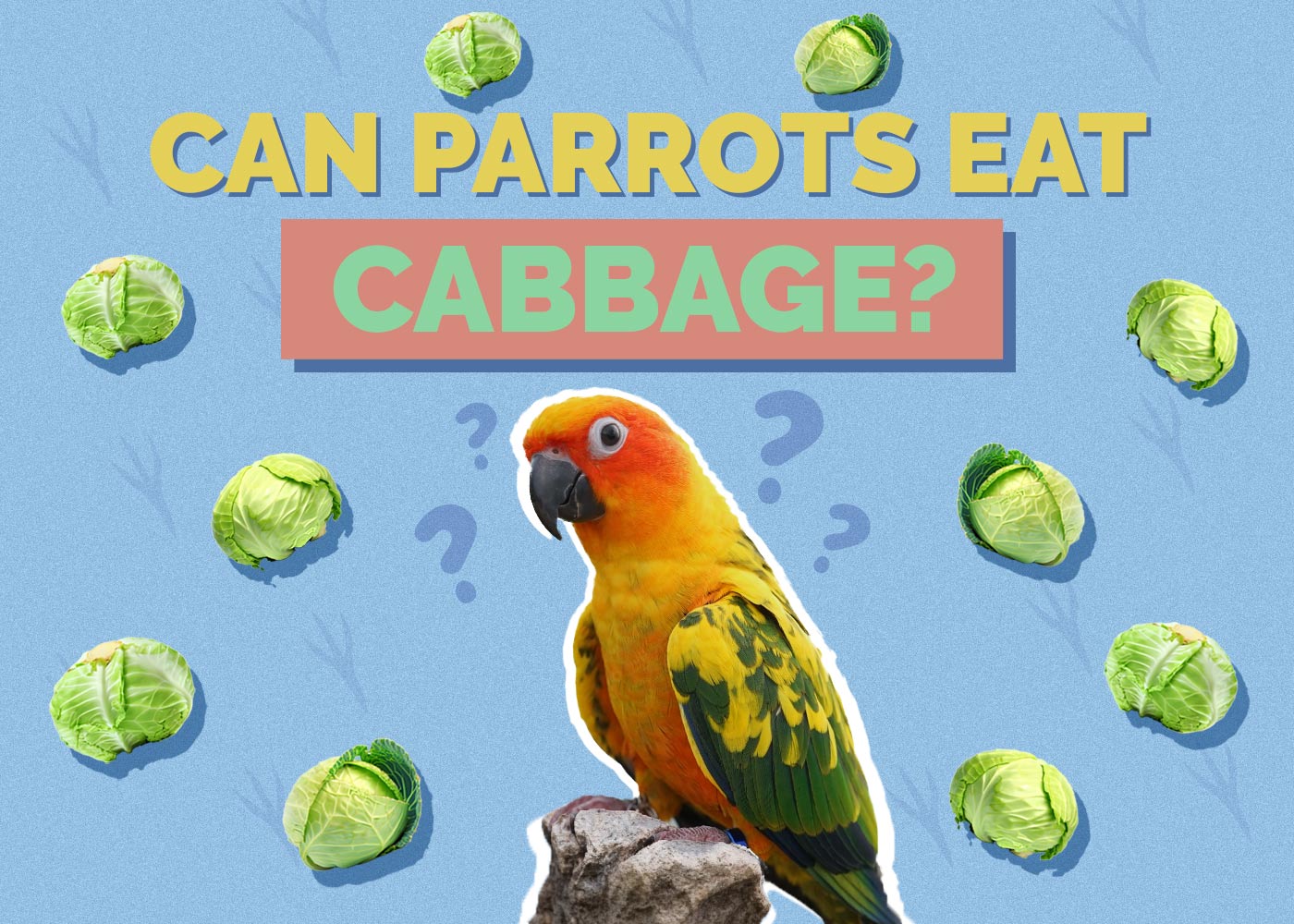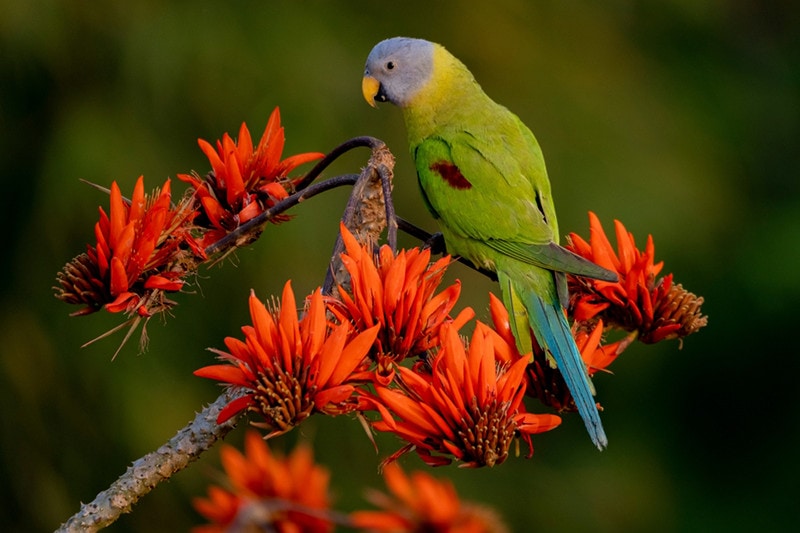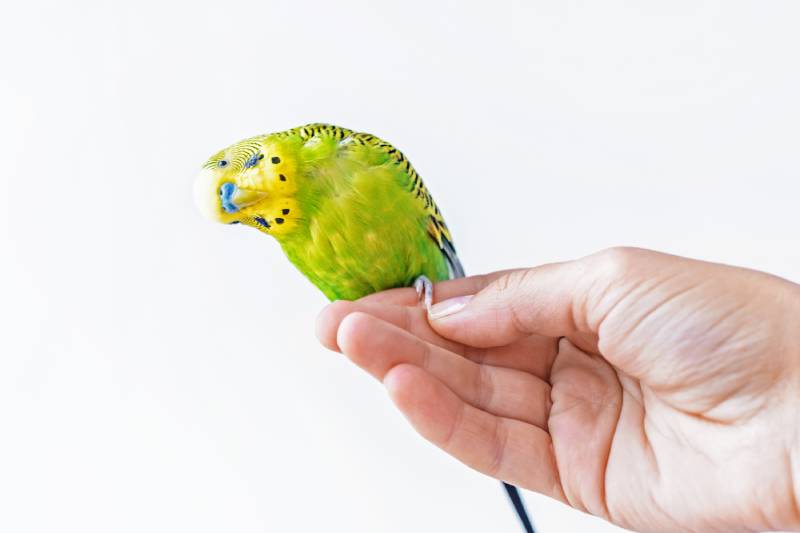Can Parrots Eat Cabbage? Vet-Approved Facts & Explanation
Updated on

Click to Skip Ahead
Cabbage is a healthy vegetable used in various popular dishes like coleslaw, soups, and cabbage rolls. If you cook often with this ingredient, you might wonder if it is an appropriate veggie to offer your feathered friend.
Parrots can eat it occasionally as a special treat if they like it. However, it’s not the most nutritionally dense vegetable, so it’s best saved as a very occasional treat and not a staple food. Read on to learn more.
Is Cabbage Toxic for Parrots?
No, cabbage is not a toxic food for parrots. However, there’s a reason why most “parrot-safe vegetables” lists found online don’t list cabbage as an option. It’s less nutritious than other vegetables and won’t meet as many of your parrot’s nutritional requirements.
Depending on your source, you may read that raw cabbage contains high amounts of oxalic acid while it’s actually fairly low in this compound. This organic acid binds to calcium and other trace minerals, making them unavailable to your parrot. This can become problematic over time if you allow your parrot to eat large amounts of foods containing lots of oxalic acid, such as tomatoes.

What Benefits Does Cabbage Offer?
The biggest benefit of offering cabbage to your parrot is that it’s high in calcium. This all-important mineral is essential for countless bodily functions, including normal metabolism and bone mineralization. Calcium deficiency can cause skeletal abnormalities and osteoporosis-like conditions. Calcium is especially important in egg-laying birds.
Cabbage is also a great source of fiber, water, and a variety of vitamins. All of these play an important role in your parrot’s overall health.
Are All Cabbage Varieties Safe?
There are over 400 varieties of cabbage grown worldwide, and while we couldn’t comment on all of them in this article, we can say that the four main types most people are familiar with are safe for parrots to consume. The four primary types are green, red, savoy, and Chinese.
That said, each cabbage variety has its own taste and texture, and not all parrots will be open to eating each type. If your heart is set on your parrot eating cabbage as the occasional treat, you may need to encourage them to try all four types to determine which they prefer.

What Other Vegetables Are Safe for Parrots?
Your parrot’s diet should consist primarily of commercially available pellets, but approximately 15% to 30% should be made up of fresh produce.
- Red, yellow, and orange bell peppers
- Carrots
- Sweet potatoes
- Squash
- Broccoli
- Cauliflower
- Green beans
- Parsley
- Collard greens
Final Thoughts
Cabbage is an okay snack to offer your parrot occasionally. Because it’s not as high in nutrients as other veggies, it’s best served in moderation, so the bulk of your feather friend’s diet can be made up of more highly nutritious options.
See Also:
- Can Parrots Eat Raisins? Vet-Approved Facts & FAQ
- Can Parrots Eat Oranges? Vet-Approved Feeding Facts
Featured Image Credit: stanbalik, Pixabay












